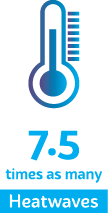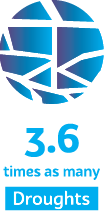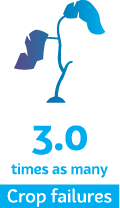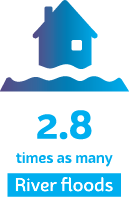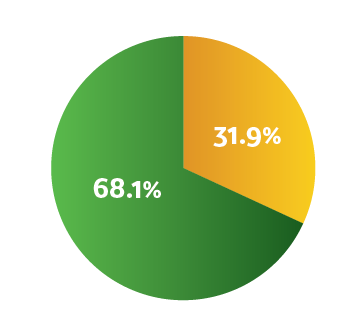Energy Efficiency
Access resources/programs (including free and low-cost) to identify and perform energy upgrades that reduce personal energy costs and create a more resilient home and environment.
Perform at-home energy assessments to identify energy upgrades and reduce bills.
Access energy efficiency financing programs without credit score requirements.
Leverage regional energy efficiency tax credits and other free or low-cost funding opportunities to reduce the cost of energy improvements and lower your bills while increasing your quality of life.
Consider investing in switching to sustainable sources of energy such as solar.
audit savings
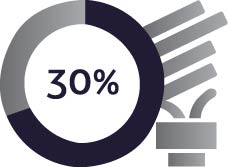
You can save 5-30% on your energy bill by making efficiency upgrades identified in your home energy audit.
Source: energy.gov


 Reduce maintenance by 75% and increase free time.
Reduce maintenance by 75% and increase free time.
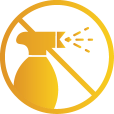 Save costs on fertilizers and pesticides.
Save costs on fertilizers and pesticides.